High support payments per Scottish farm show the challenges Scotland faces if we hope to get an uplift in our budget from Westminster. Welsh and Northern Irish farmers are typically paid significantly less each than Scottish farmers and will take every opportunity to remind Defra minister, Michael Gove, about the disparity. Without an easy win-win solution in sight, Gove seems to have kicked the subject into the long grass and blamed the Treasury for not embracing the idea of changing the UK farm funding model.
The whole issue of funding seems to hamstring Fergus Ewing from developing any farm plans beyond the general principles of looking after the environment, producing food, helping new entrants and supporting hill farmers and crofters.
Now these are all worthy aspirations but we are some distance from being able to put an estimated number into a five-year budget for your farm. Scotland’s farming minister did point out this week, that while he welcomed the visions from NFUS and the Scottish Environment Link, they too lacked the ability to explain how much money producers would end up with in their hand.
Budget
Despite being relentlessly hounded by Conservative MSPs this week in parliament, Ewing is resolute that he cannot plan until he has a budget from the UK Government.
Politically this is quite sensible, as if detailed plans were to be put forward they would likely have to reflect a falling budget to be credible. This would likely mean more financial ‘‘losers’’ than ‘‘winners’’ and those out of pocket always shout much louder than those who are better off.
Nonetheless, farmers have to make practical, not political decisions when planning for their business after Brexit.
Great to see abattoir investment
ABP’s investment in Perth is a clear backing of the quality of our cattle and brand. It’s heartening after the closure of three plants at the start of the year that we now have three investments: along with ABP in Perth there is the new Scotbeef plant in Inverurie and Kepak looking to buy McIntosh Donald in Portlethen.
These investments would not be happening if there were no confidence in the Scottish beef industry. We have worked hard to produce quality cattle and build a reputable brand.
The challenge now is to work to make our farm profitable within the supply chain. Finishers will be concerned that feed wheat prices have risen from £119/t in 2016, to £142/t in 2017 to £164/t today. This steady year-on-year rise will feed into beef profitability.
One-year celebrations
I’d like to say a great big thank you to all our subscribers and readers in our first year of publication. On one hand it doesn’t seem like 12 months since we started out, but looking back at what we have done, I can’t see how we fitted it all in.
Our message of being positive, practical and progressive about farming has seen our support grow week by week.
I’d like offer a special thanks to all the farmers who have been happy to speak to us about their business and how they make the most of their farm. It’s a fantastic asset to the industry to have good folk willing to share ideas.




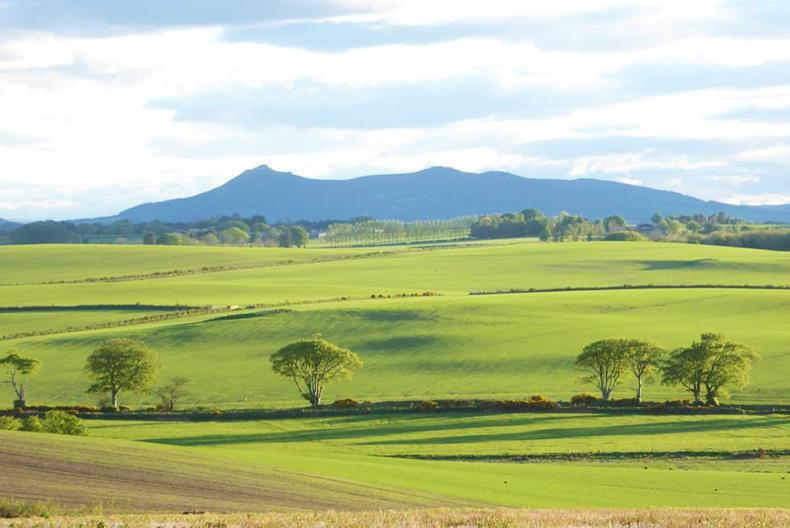
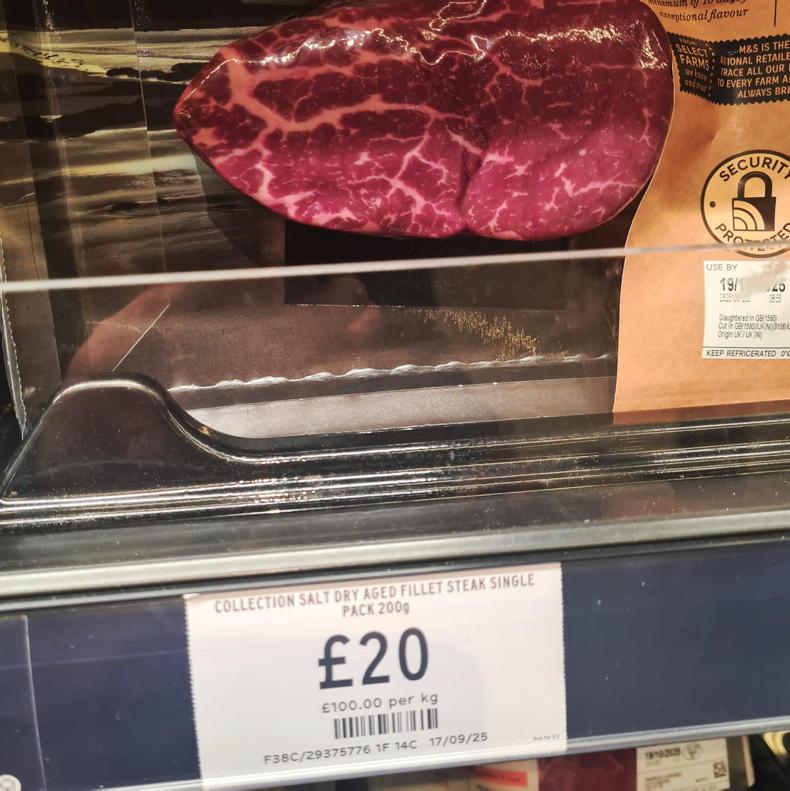

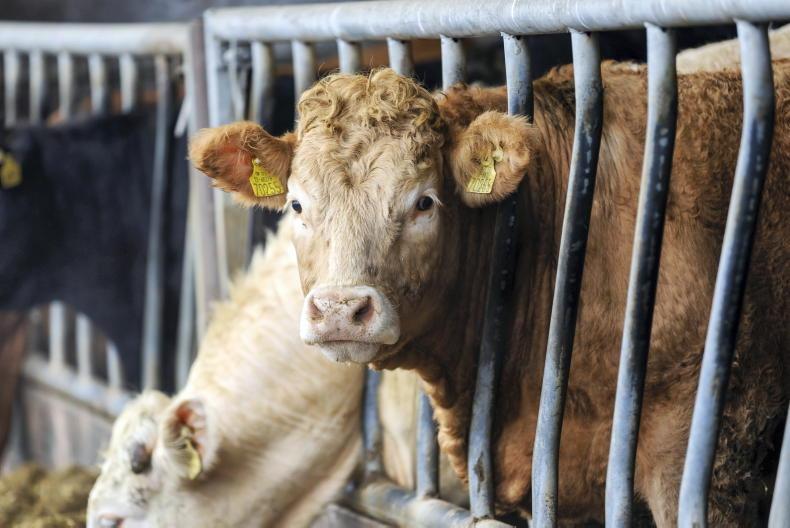
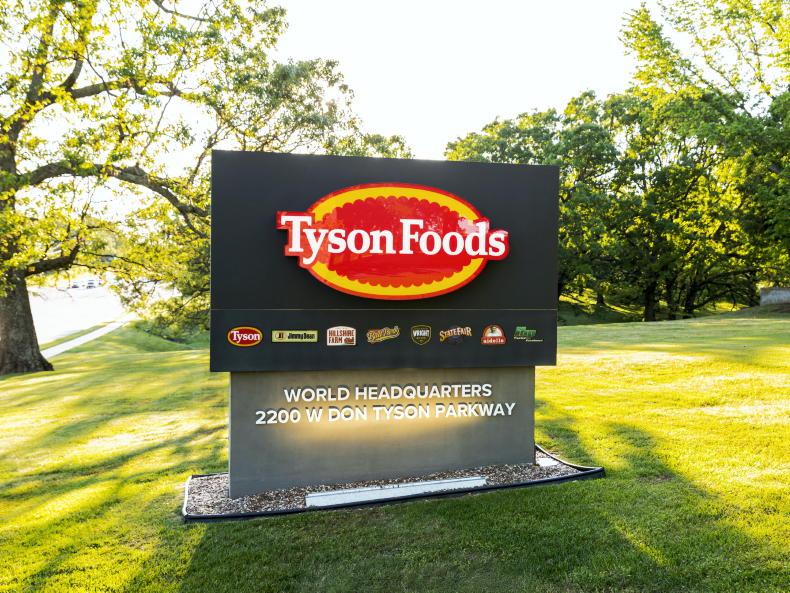
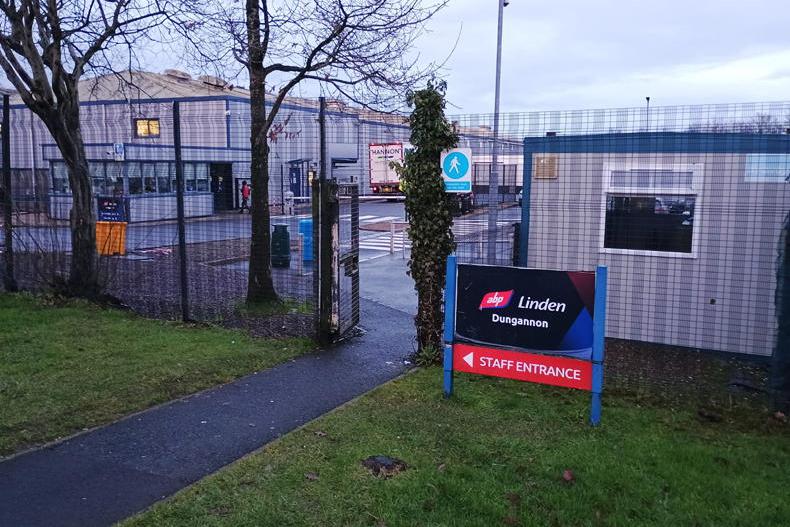
SHARING OPTIONS